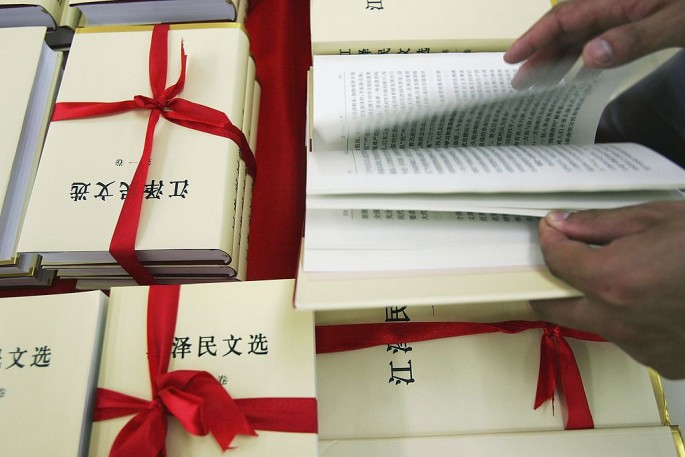More and more Chinese are picking up and buying, online or offline, printed books, according to a report by China Daily. It's all part of the Chinese government's efforts to build a "nation of readers," a goal included in the government's annual report.
"It's time for us to pay more attention to our inner lives," said Wang Chong, who leads a group of friends to promote reading in Beijing.
According to industry monitor OpenBook, the market value of printed books rose by 10 percent in 2014 and 12.8 percent in 2015.
China's largest online bookseller, Dangdang, also achieved record sales last year with 500 million copies sold. It's a significant increase compared to the sales in 2014, when the bookseller sold 330 million copies. Dangdang is not online.
JD.com, another top online bookseller, was able to sell 200 million copies last year. That roughly represents an average of 12 printed books per online user.
Data collected by OpenBook revealed that the adult coloring book "Secret Garden" was last year's bestseller, with about 1.5 million copies sold by Dangdang.
Other popular bestsellers last year included "Unworried Store" by Higashino Keigo, "The Kite Runner" by Khaled Hosseini, and "Pingfan de Shijie" (Ordinary World) by Lu Yao.
Chinese readers aged between 40 and 50 favored titles such as "The Lost Nutriology: Away from Diseases," "Zero to One: Notes on Startups," and "How to Build the Future," among others.
Books on investment and finance also performed well in sales as Chinese stock markets hit their highest target last year, according to Dangdang. English and political examination books were mostly bought by young Chinese professionals.
Another top performer in sales are novels like "Faerie Blossom" and "Nirvana in Fire," which gave birth to popular Chinese TV series.
As for reading preferences, a survey by Beijing Normal University showed that 51.9 percent of 30,000 respondents prefer reading printed books. Meanwhile, 26.8 percent of respondents like using smartphones.
Despite the growth of digital readers in China, Yao Hong, marketing director of OpenBook, said that it's hard to survey digital books in the country due to piracy issues.



























